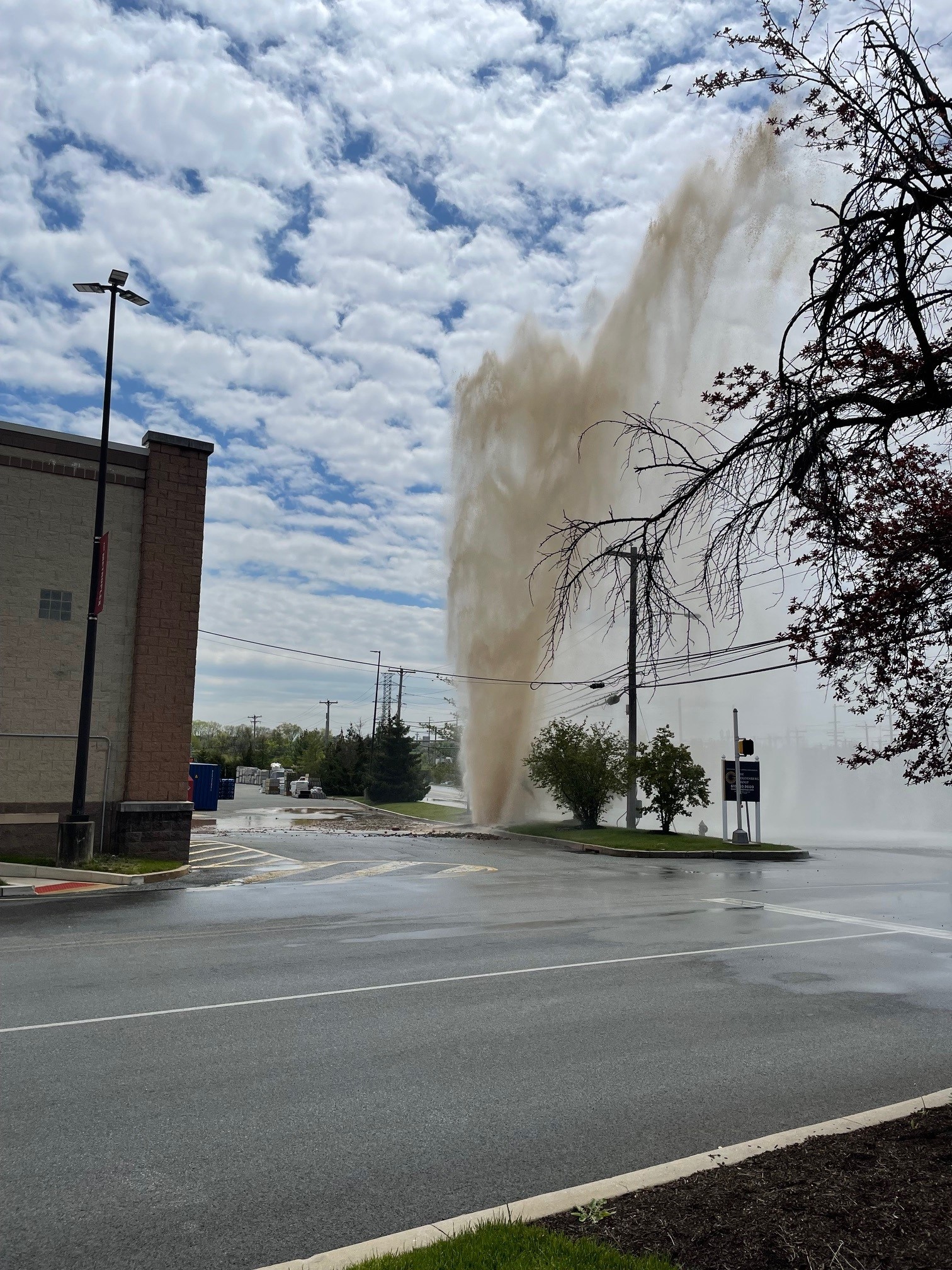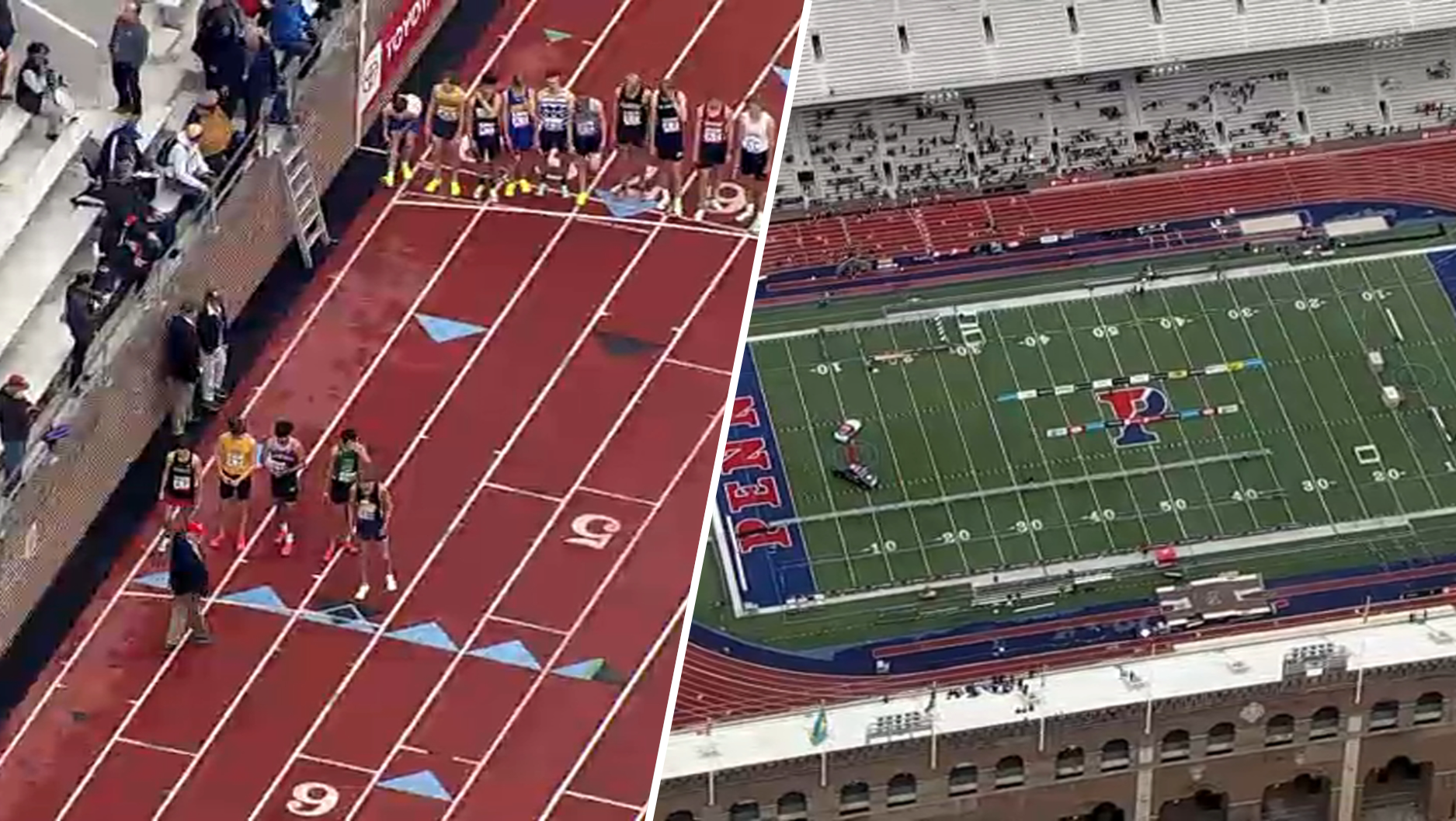What to Know
- Philadelphia's mayor is working to advance legislation that would limit the sale of vaping products in the city.
- Under the proposal, sales of certain products would be restricted to adults-only stores that require customers to be at least 18 years-old.
- The bill will be formally introduced on Thursday. The city will also launch a social media campaign warning people of the dangers of vaping.
Against a backdrop of multiple deaths and a federal warning about the dangers of electronic cigarettes, Philadelphia's mayor is working to advance legislation that would put the city in line with other parts of the country that restrict the sale of vaping products.
On Wednesday, Mayor Jim Kenney announced a forthcoming proposal that would restrict the sale of e-cigarettes to minors. The bill, which is expected to be introduced on Thursday, would limit the sale of e-cigarettes with more than 20 mg/ml of nicotine salts; e-cigarettes with flavorings; and e-liquids with more than 20 mg/ml of nicotine salts or flavoring sold separately.
Under the proposed legislation, sales of those products would be restricted to adults-only stores that require customers to be at least 18 years old.
"The CDC does not yet know what chemicals are causing the problem, but they do know that e-cigarettes are what's causing people to get sick," Mayor Kenney said.
Philadelphia Health Commissioner Dr. Thomas Farley also announced that "Behind the Haze," a social media campaign spreading awareness on the dangers of vaping, is set to launch next week.
"It shows teens that e-cigarettes contain chemicals that are either of unknown risk or that are in fact known as carcinogens, meaning they can cause cancer," Dr. Farley said.
Local
Breaking news and the stories that matter to your neighborhood.
The proposed sale limits come a little less than two weeks after the Pennsylvania Department of Health announced the first confirmed case of vaping-related deaths in the state.
At an Oct. 4 news conference, Department of Health Secretary Dr. Rachel Levine said that the person died in September and that multiple cases of vaping-related lung illnesses had also been reported to the Centers for Disease Control and Prevention.
Besides Pennsylvania, vaping-related deaths have also been reported in New Jersey and Delaware.
Nationally, the death toll stood at 26 people in 21 states as of Oct. 8, according to the CDC. The number of vaping-related lung injuries, however, was much higher at 1,299, with Pennsylvania reporting 50-99 cases and New Jersey and Delaware reporting 10-49 cases as of Oct. 8.
The recent spate of vaping cases has prompted states throughout the country to institute bans and other restrictions on electronic cigarettes.
New York and Michigan banned the sale of flavored e-cigarettes last month. In Massachusetts, Gov. Charlie Baker declared a public health emergency and ordered a four-month ban on the sale of vaping-related products both in-person and online.
New Jersey Gov. Phil Murphy, meanwhile, urged people to stop vaping and signed an order creating a task force to examine the issue in the state. In its findings, the task force suggested banning the sale of flavored e-cigarette products, restricting online sales and increasing penalties for retailers who sell vaping products to people under 21.
As the investigations into the deaths and illnesses continue, the CDC and Food and Drug Administration have recommended that people stop using electronic cigarette products altogether, especially those containing THC or bought off the street.
Most patients have reported vaping THC-containing products, according to the CDC. THC is the chemical in marijuana that gets people high.
However, people have also reported vaping a mix of both THC and nicotine or vaping nicotine by itself. "Therefore, the possibility that nicotine-containing products play a role in this outbreak cannot be excluded," the CDC notes.
After Kenney's comments Wednesday, Gregory Conley, president of the American Vaping Association, spoke out against the mayor's proposed vaping restrictions.
"Mayor Kenney should be ashamed of himself for claiming e-cigarettes are killing people without making clear that the CDC and FDA are increasingly pointing to illicit THC products as the main driver of recent illnesses," Conley said. "He is either lying or his health department is misinforming him. Regardless, while his proposal could decrease access to these products by youth, it is important we recognize that it will do nothing to stop drug dealers from selling contaminated THC oil cartridges to teenagers."
Conley also argued that while he believed adult-only stores were the "ideal environment" for the sale of age-restricted products, he also didn't believe those restrictions should be limited to only vaping products.
"If Mayor Kenney believes he has the authority to restrict the sale of vaping products with high nicotine levels, he should do the same for cigarettes, which are at least 20 times more harmful than smoke-free nicotine products," Conley said. "That's not going to happen, though, as Philadelphia has a perverse incentive to protect cigarette sales within the city due to their high excise taxes."
Conley also warned that Kenney's plan could "go up in smoke" due to Pennsylvania law preventing cities from further regulating the sale of tobacco products.
"If Pennsylvania passes its Tobacco 21 law, as it appears likely to very soon, Philadelphia's proposed ordinance will clearly be preempted and thus easy for a large convenience store or gas station retailer to overturn," Conley said.
Philadelphia councilmember William Greenlee is expected to introduce the proposal on Thursday. Enforcement of the bill would be done through existing environmental health ticketing processes and violations would carry a $250 fine, according to officials.



